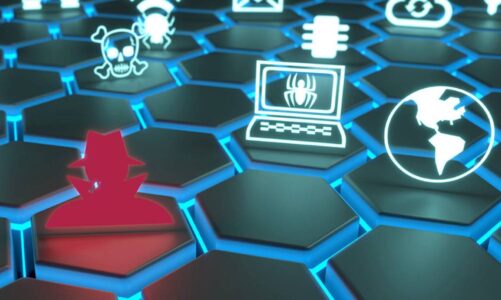What is it? Quantum sensors are susceptible devices based on the registration of individual quantum effects, that is, quantum effects related to personal quantum systems. Examples of such sensors would be an avalanche single-photon detector and a quantum random number detector.
In practice, collective quantum effects have long been used based on the participation of many quantum objects: electrons, atomic nuclei, neutrons, photons, and others. It is on their basis that transistors, diodes, and microcircuits work, so we get an action that is tangible at the macroscopic level; for example, we see a laser beam or register a current in computer semiconductors. It is much more challenging to develop devices that capture changes in individual quantum systems at the level of the microworld.
Why are they needed? Quantum sensors are incredibly tiny and sensitive. Excellent prospects await them in medicine and biology: genome analysis, diagnosis of diseases, including cancer, and the study of processes occurring in the human body, internal organs, tissues, cells, and molecules.
In addition, sensitive new-generation sensors will be used in other areas:
- Navigation (space industry, unmanned vehicles)
- Defense and security
- Geological exploration
- Oil production and construction
- Internet of things technologies
Which has already developed
An exciting development was created by scientists from the USA, Canada, and Germany. Researchers have implemented a quantum gravimeter to help search for oil and other minerals. Devices with it will be able to detect voids underground, making working in mines safer.
Another example of the commercialization of these devices is the photon counter developed under the guidance of Grigory Goltsman, professor at Moscow State Pedagogical University (MPGU) and co-founder of SCONTEL. The RCC uses it for its developments in quantum cryptography.
A feature of the quantum cryptography system is that the signal is encoded on single photons when one bit is written to one photon. The detectors are susceptible; they indicate a high probability when there is a photon and do not show noise when there is no photon.
Quantum sensors can be used in quantum cryptography systems to ensure the randomness of quantum keys. For example, the quantum random number generator was created by the physicists of Moscow State University in 2017. It works with high performance and provides essential unpredictability guaranteed by the laws of quantum mechanics.
There are three companies among foreign developers of quantum sensors: Microsemi Corp. (USA), Oscilloquartz SA (Switzerland), and Supracon AG (Germany).



